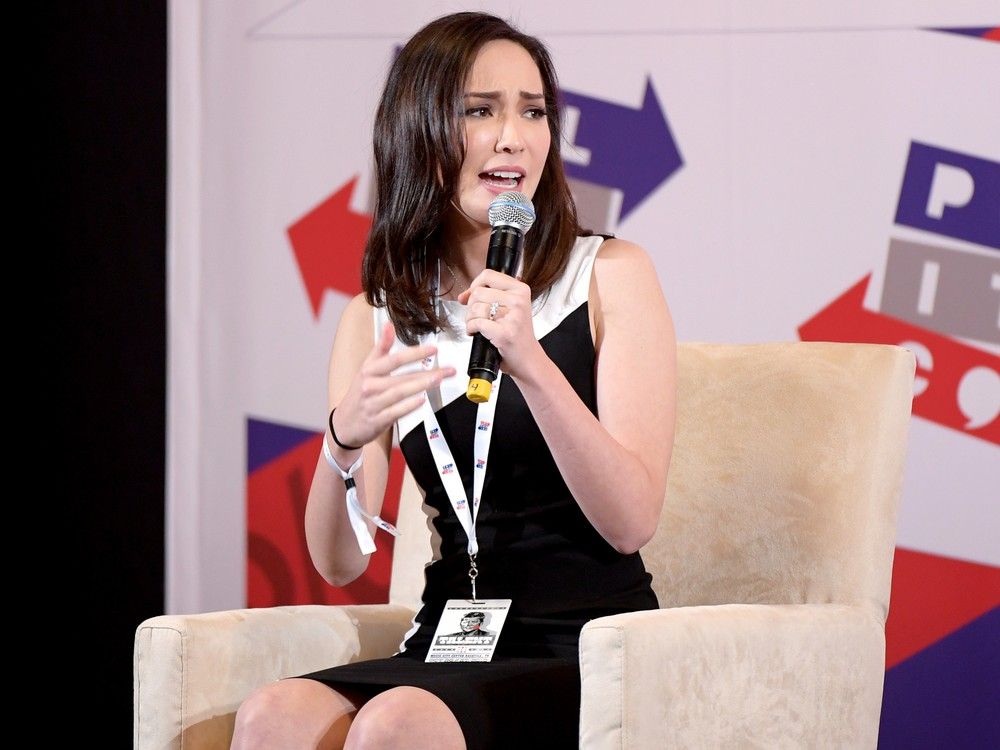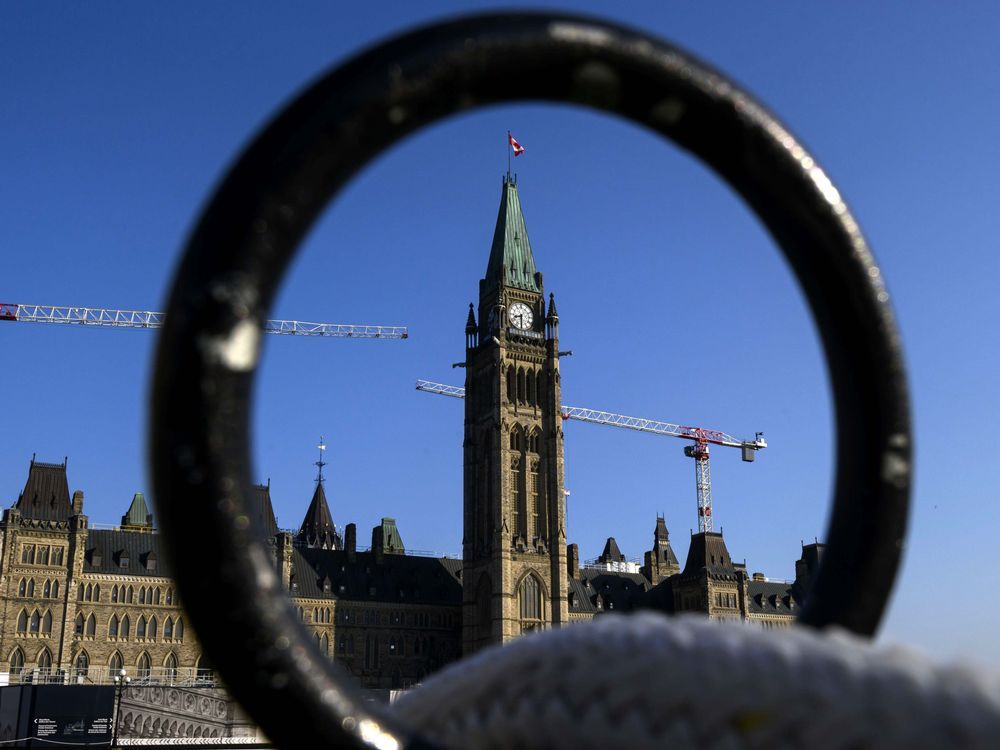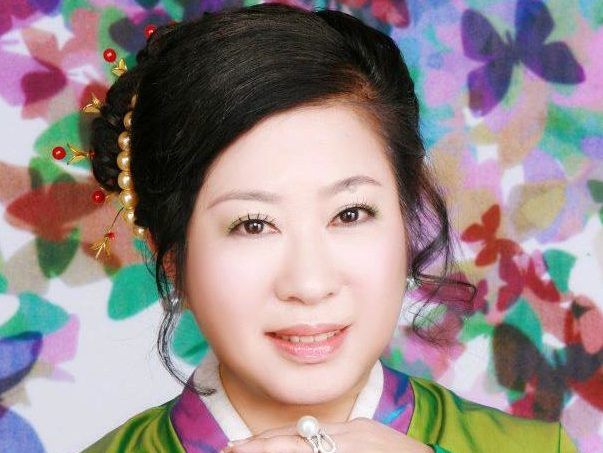China has targeted Canadian canola before. In 2019, following Canada's detention of Huawei executive Meng Wanzhou, it barred canola seed imports from two Canadian companies
Author of the article:
The Canadian Press
Nojoud Al Mallees
Published Sep 03, 2024 • 3 minute read

OTTAWA — China has announced an anti-dumping investigation into Canadian canola imports in response to Canada planning to impose tariffs on Chinese-made electric vehicles, steel and aluminum.
In a news release Tuesday, China’s Ministry of Commerce said it is launching an anti-discrimination investigation into the tariffs and an anti-dumping probe into Canadian canola imports as well as certain chemical products.
Advertisement 2
THIS CONTENT IS RESERVED FOR SUBSCRIBERS
Enjoy the latest local, national and international news.
- Exclusive articles by Conrad Black, Barbara Kay and others. Plus, special edition NP Platformed and First Reading newsletters and virtual events.
- Unlimited online access to National Post and 15 news sites with one account.
- National Post ePaper, an electronic replica of the print edition to view on any device, share and comment on.
- Daily puzzles including the New York Times Crossword.
- Support local journalism.
SUBSCRIBE FOR MORE ARTICLES
Enjoy the latest local, national and international news.
- Exclusive articles by Conrad Black, Barbara Kay and others. Plus, special edition NP Platformed and First Reading newsletters and virtual events.
- Unlimited online access to National Post and 15 news sites with one account.
- National Post ePaper, an electronic replica of the print edition to view on any device, share and comment on.
- Daily puzzles including the New York Times Crossword.
- Support local journalism.
REGISTER / SIGN IN TO UNLOCK MORE ARTICLES
Create an account or sign in to continue with your reading experience.
- Access articles from across Canada with one account.
- Share your thoughts and join the conversation in the comments.
- Enjoy additional articles per month.
- Get email updates from your favourite authors.
Article content
Prime Minister Justin Trudeau announced Aug. 26 that Canada will impose a 100 per cent tariff on Chinese EVs and a 25 per cent tariff on steel and aluminum.
The tariff on Chinese EVs will take effect Oct. 1, while steel and aluminum tariffs will come into place Oct. 15.
Finance Minister Chrystia Freeland cited unfair trading practices but also “abysmal” environmental and labour standards that she said allow China to unfairly price and dump products into the market at a huge cost to the environment and workers. The tariffs were announced following a month-long consultation process, which is required under Canadian law.
The move by the Liberal government follows similar tariffs announced by the U.S. in the spring, though those have yet to take effect. Canada was under immense pressure to match the U.S. tariffs, pushed by industry groups including automakers, and steel and aluminum plants.
Recommended from Editorial
-

Following U.S. lead, Canada to hit China with tariffs on electric vehicles
-

Trudeau defends billions spent attracting electric vehicle industry to Canada
China says it is extremely dissatisfied with the Canadian tariffs and promises to take the case to the World Trade Organization.
By signing up you consent to receive the above newsletter from Postmedia Network Inc.
Article content
Advertisement 3
Article content
“China’s attitude is very clear and we will take all necessary measures to defend the legitimate rights and interests of Chinese companies,” the ministry’s release said in Mandarin.
The Canola Council of Canada released a statement calling China “an important and valued market for Canadian canola.”
“We are confident that an investigation into Canada’s canola trade with China will demonstrate alignment with and reinforce our support for rules-based trade,” said Chris Davison, president and CEO of the council.
Statistics published by the council show China accounted for 75 per cent of canola seed exports from Canada between January and June.
China has targeted Canadian canola before. In 2019, it barred canola seed imports from two major Canadian companies, alleging it had detected pests in their shipments. The canola ban took place amid heightened tensions between the two countries following the Canadian detention of Huawei executive Meng Wanzhou at the request of the United States, and China’s subsequent detention of two Canadian men.
Canada launched a WTO challenge in 2020, but the review panel was suspended in August 2022, three months after China reinstated shipments of Canadian canola.
Advertisement 4
Article content
An RBC report released Tuesday said Canada’s planned tariffs are expected to raise EV prices in the short term and raise costs on industries that use aluminum and steel.
“Importantly, the Canadian move raises the risk of retaliation from Beijing, which could put exports of Canadian commodities at risk, as seen with the newly announced probe on Canadian canola exports,” wrote RBC economist Salim Zanzana.
The federal government has also announced a 30-day consultation period to consider the threat of Chinese imports in other sectors, including batteries and battery parts, semiconductors, solar products, and critical minerals.
Zanzana says the federal government is clearly trying to protect the investments it has made in partnership with the Ontario and Quebec governments in the EV supply chain, which total about $52 billion.
“However, imposing new tariffs up the supply chains at this time _ when most Canadian EV production capabilities still aren’t operational — would lead to broader cost pressure in the short term given China’s large presence in the global EV supply chain. It could also challenge one of Canada’s climate targets of electric cars making up 60 per cent of new vehicle sales by 2030, and 100 per cent by 2035,” the report said.
— With additional reporting from Nono Shen in Vancouver
Our website is the place for the latest breaking news, exclusive scoops, longreads and provocative commentary. Please bookmark nationalpost.com and sign up for our daily newsletter, Posted, here.
Article content
.png)
 2 weeks ago
13
2 weeks ago
13































 Bengali (BD) ·
Bengali (BD) ·  English (US) ·
English (US) ·